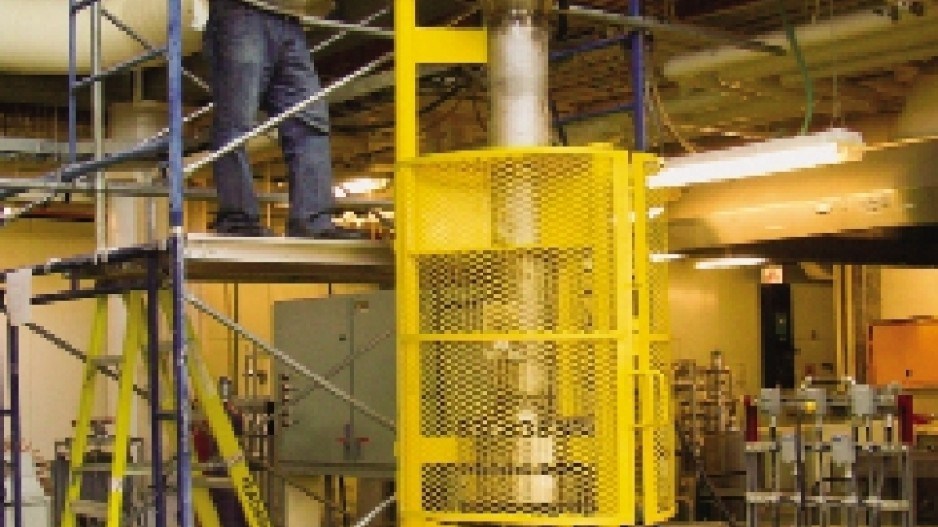On any given day, the average North American will consume dozens of phytochemicals – compounds used in everything from processed foods to dietary supplements, pharmaceuticals and cosmetics.
Most of those compounds will have been extracted from plants using solvents, like ethanol and acetone. Some are extracted with petrochemical processes.
Apart from the concern consumers might have about ingesting products that might have traces of solvents or petrochemicals in them, it is an expensive and energy intensive process.
Joe Mazza, a former researcher for Agriculture Canada, has developed an alternative process that uses pressurized water to do the same thing as solvents.
"By putting the water under a certain pressure, we can make the water behave like an organic solvent," Mazza explained.
Bob de Wit, CEO of Green Angel Energy Corp. (TSX-V:GAE), said his company believes there's a good market for the Mazza extraction process. It's leading a $300,000 round of angel investment for Mazza's new company, Mazza Innovation Ltd.
"The potential here is huge," de Wit said.
Mazza developed his pressurized low polarity water (PLPW) extraction technology as a researcher with Agriculture Canada, which agreed to license the process he invented to him when he retired last year. Because solvents like ethanol are flammable, they pose safety hazards in the processing plants where they're used. They also present disposal issues, and the process can leave traces of the solvents in the extractions.
"The major difference is that the water is cheaper than solvents," Mazza said.
Mazza is now raising the $500,000 needed to build a pilot processing plant in Summerland. Once he has a working model built, Mazza plans to start building and selling extractors to processors.
Green Angel has thus far invested $100,000 in the project in exchange for 10% of the company. As part of the deal, Green Angel director Al Werenko will join Mazza's board of directors.
There are tens of thousands of phytochemicals with numerous potential applications. The Mazza extraction process can be used to derive reversitol (believed to have anti-aging properties) from grape skins, lignans from flax or quercetin from buckwheat (both anti-oxidants).
"We are targeting compounds that have health benefits," said Mazza, who is an adjunct professor at the University of British Columbia's Food, Nutrition and Health Program. "The initial targets are for dietary supplements."
Mazza is not the only phytochemical extraction company developed in B.C. Radient Technologies, now based in Alberta, was spun out of UBC. Radient uses microwaves, instead of solvents, to extract compounds from plants. •




